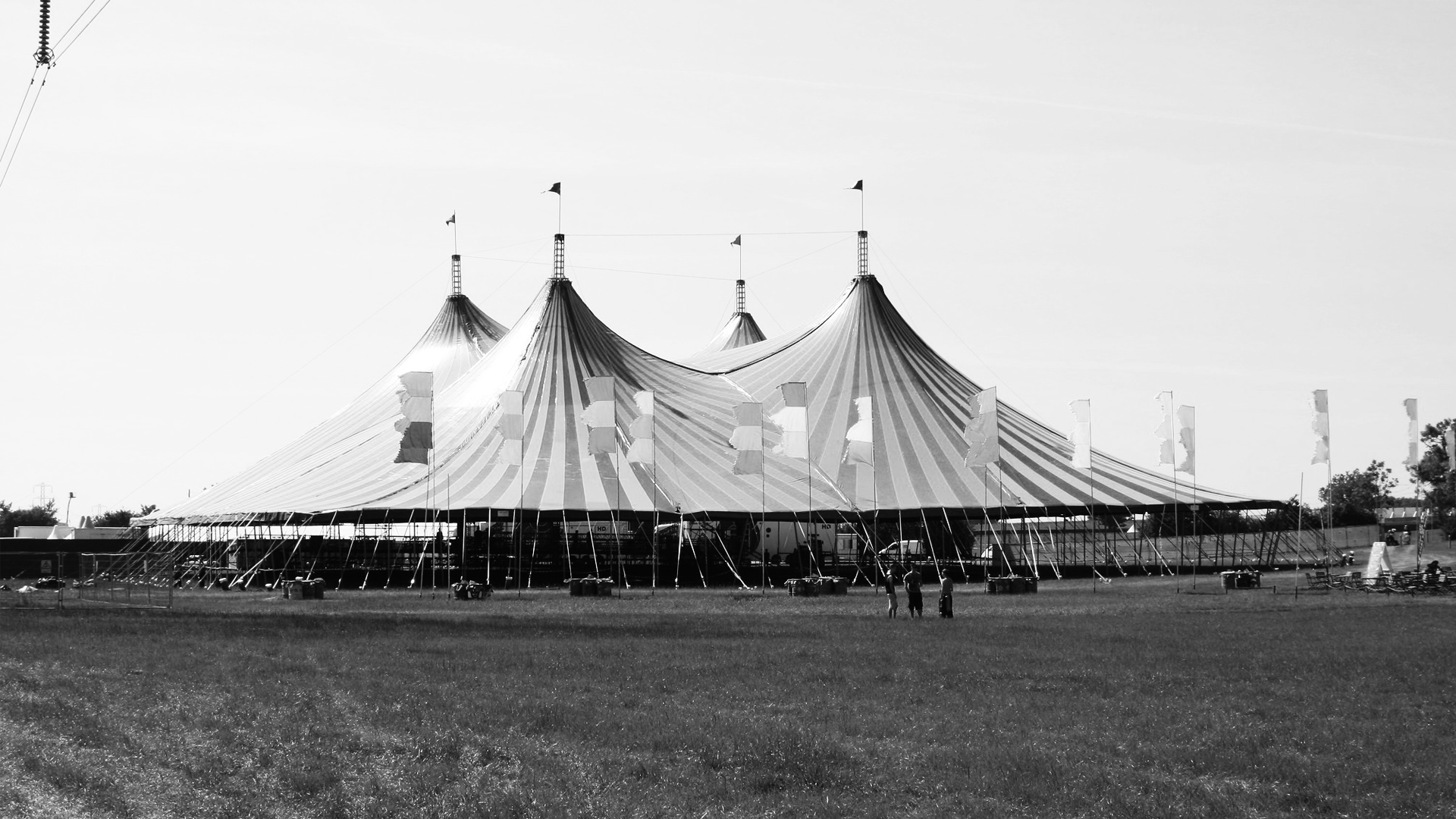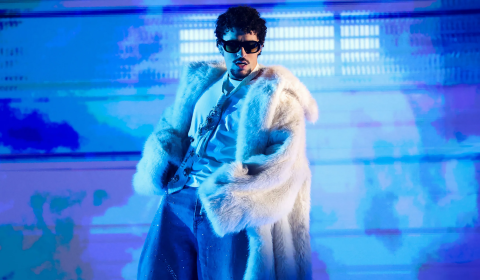With difficulty booking headliners and rising costs, music festivals face their toughest year yet.
Music events are often signposts of our year. Memories with friends, seeing acts you’ve only dreamed of witnessing play live. These near-mythic gatherings of collective euphoria are a mainstay of modern culture. But they’re facing a crossroads.
What used to promise a steady stream of sold-out tickets has become a risky operation littered with bureaucratic obstacles and high costs, leaving organisers to navigate mounting challenges.
According to the Guardian, top music festivals are now having to book headliners up to two years in advance due to high demand and rising prices. Organisers are rushing to announce their line-ups earlier than ever, meaning some are now looking for acts to play as far ahead as 2027.
The unpredictable nature of the music industry makes this a huge gamble. In 2023, nobody could say with any real certainty that Sabrina Carpenter or Chappell Roan would be the stars they are today.
‘We’re seeing a trend of festivals booking acts earlier,’ said Association of Electronic Music’s Finlay Johnson.
‘Primavera Sound in Barcelona announced its lineup in October, and it takes place in June this year, which means negotiations would have started before their last festival even happened. Others have followed suit. Partly, they want tickets to be on sale for as long as possible, but they also want to secure headliners as there are fewer acts available.’
These obstacles place significant pressure on festivals and cast doubt on their future as cultural meccas.
News of a tough new year follows uphill struggles for many smaller festivals in 2024, with the global impacts of the pandemic and Brexit overshadowing independent events.
Comment
byu/Lazyboyn97 from discussion
injambands
‘We were hit by the economic crisis, serious shortage of disposable income for our ticket-buying public,’ said Steve Heap, a festival industry veteran and chair of the Event Industry Forum.
‘Then as we commenced booking infrastructure for the new season, the prices had doubled, and in some cases, trebled.’
As Howard Monk wrote for The Conversation, this has left major events like Glastonbury the envy of smaller organisers, and increased calls for the legendary music festival to continue supporting smaller artists.
In 2024, around 60 UK music festivals shuttered. While Glastonbury remains a totemic symbol, selling out a large portion of roughly 200,000 tickets in just 30 minutes last November.
Smaller events also don’t tend to enjoy the sponsorship deals afforded to huge festivals like Glastonbury, and due to its iconic status, the Somerset event even famously sees performers agree to smaller fees than usual.
It’s vital that these festivals use their power to support grassroots artists in the music sector, as well as stage managers, crew members, and others working across the board.
At this stage, it might be the only thing propping up the festival business.
While 2024 was a strong year for stadium tours, led by sell-out shows from Taylor Swift and Sabrina Carpenter, as well as artist-in-residence shows by mega stars like Adele.
But ticket prices for these events have also risen, with controversy surrounding ticket touting and poorly organised retail sites like Ticketmaster throwing further negative press on the live music industry.
Consequently, audiences who are being asked to pay high fees are expecting more bang for their buck. The pressure for tours and festivals to become more complex, with bigger displays, extra musicians, and high-level production is placing huge financial strain on organisers.
‘[there’s] only a handful of artists who can pull these shows off’, said Sacha Lord, the night-time economy adviser to Greater Manchester’s mayor. ‘It’s going to be really tough this year.’
The failing festival circuit comes amid growing reports that young people are choosing to stay at home rather than go out to music events.
‘These days, it feels more likely a 20 something will crave a Friday night in with their cat and their crochet instead of at the club’ says Thred’s Annie Dabb.
And she’s not wrong. Since 2022, studies have shown increasing levels of sobriety amongst young people in the UK, with a 2024 YouGov survey stating that 44% of drinkers between 18 to 24 said they regularly order low or non-alcoholic drinks.
That’s not to say music festivals and alcohol are part and parcel. But they do have a longstanding relationship. And with fewer young people choosing to go out – due to wellness concerns and financial strain – combined with a crippling festival industry, the future of the live music world doesn’t look particularly bright.

















